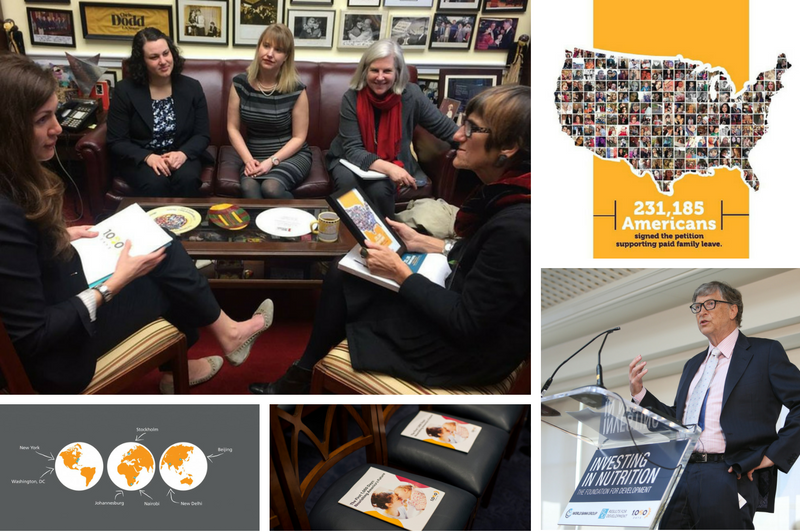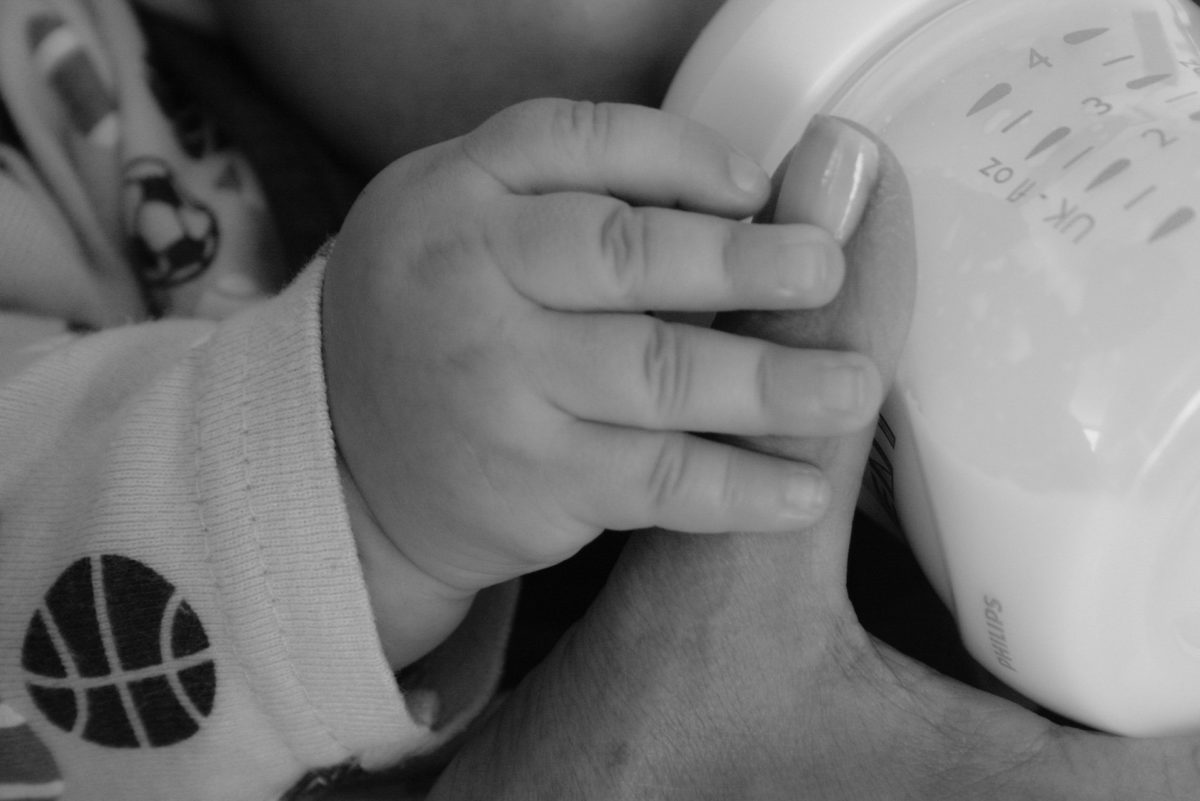Guest Post: Conquering Nutrition Myths in Myanmar – Breastfeeding #Marchis4Nutrition
In honor of National Nutrition Month in March, 1,000 Days is amplifying the critical role the world’s mothers play in nourishing the next generation through our annual online #Marchis4Nutrition campaign. Throughout the month, we will also be highlighting stories from our partners. Follow along and get involved on Twitter and Facebook with the hashtag #Marchis4Nutrition.
Save the Children believes every child deserves a future. They work in 120 countries around the world to give children a healthy start in life, the opportunity to learn and protection from harm. Save the Children does whatever it takes for children – every day and in times of crisis – transforming their lives and the future we share.
Save the Children works in many communities with mothers such as Ms. La Min to provide robust health and nutrition programs that save children’s lives and ensure they grow up healthy.
This is Ms. La Min’s story from Myanmar.
I thought that formula was better than my own breast milk because I had very limited knowledge about the benefits of breastfeeding – and also because of marketing by the formula companies.
They claim that formula is good for my child’s IQ and every mother wants to give the best to their child. Therefore, I thought it should not be a problem if I cannot breastfeed, because I can afford to buy formula instead. So I choose formula against my own breast milk.
Then, I realized that my child was getting sick at least two times a month and I needed to bring her to the hospital very frequently while I was giving formula to her. Her immunity was very low. I started thinking that something is going wrong. Later on, I became more aware about the benefits of breastfeeding and that “Breast milk is the best” by reading educational materials.
I thought formula was better for my baby’s IQ because of the marketing and because I didn’t have appropriate knowledge before. Moreover, every mother I saw at the antenatal clinic said that formula is better for children’s IQ. Then, I became to believe in formula.
Infant formula is heavily marketed at hospitals and at baby counters in shopping centers. When I went shopping to prepare for my delivery, I saw so many different formulas. Whenever I visited the hospital or shopping centers I saw promotional messages everywhere. They say that they have Dumex and Similac. They also say that Similac is more expensive but that is because it is the best. Sale attendants told to every mother like that. Every mother also say that Similac is good.
When I delivered my baby, I spent time with a nurse from the hospital because I didn’t have experience with child caring. The nurse said to me “You don’t need to breastfeed. Formula is better for your baby to be strong and have good IQ.” That was also one of the reasons I trusted in formula.
The nurses themselves are believing the wrong things because of those companies. Not only nurses but also many doctors. I was even shout at by a doctor for not giving formula to my baby. When they weighed my baby, the doctor said that my baby’s weight was below what it should be – and he said it was because I quitted the formula. I replied that I quitted because my lactation consultant told me that I don’t need to give formula, my breast milk is the best.
I want to know everything about breastfeeding. I have known most of the breastfeeding information for a mother-writer, so now I want to help other mothers. What I feel very sad about is that people from my native town believes my baby is smart because I gave her formula. Actually, it is not because of formula. It’s because of other measures such as how I’m taking care of her. I find it very difficult to explain my friends from home town.
Another story is in Yangon, in my neighborhood, there is a mother who operates a photo-copy shop. She can breastfeed well. One day, when her baby was about 3 or 4 months old, she told to me that she is very sad because she cannot afford buying formula. I asked her “Is it because you have no breast milk?” She said “No, I have enough breast milk. I want to give formula because every other mothers are giving formula.” I told them that breast milk is the best but they don’t believe me. The messages from the advertisements are nailed in their head.
I feel really sad because my husband still wants to give formula to our daughter because he wants her to be a big baby. In the battle of breastfeeding – the doctor and my husband are on the formula’s side and I’m the only one on the side of breast milk. We are always fighting. It’s very disappointing.




